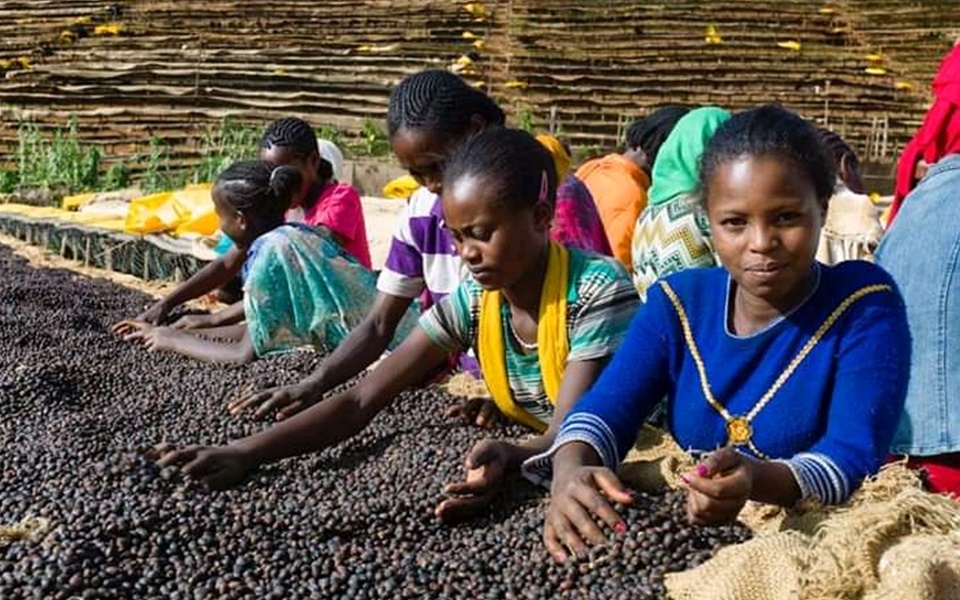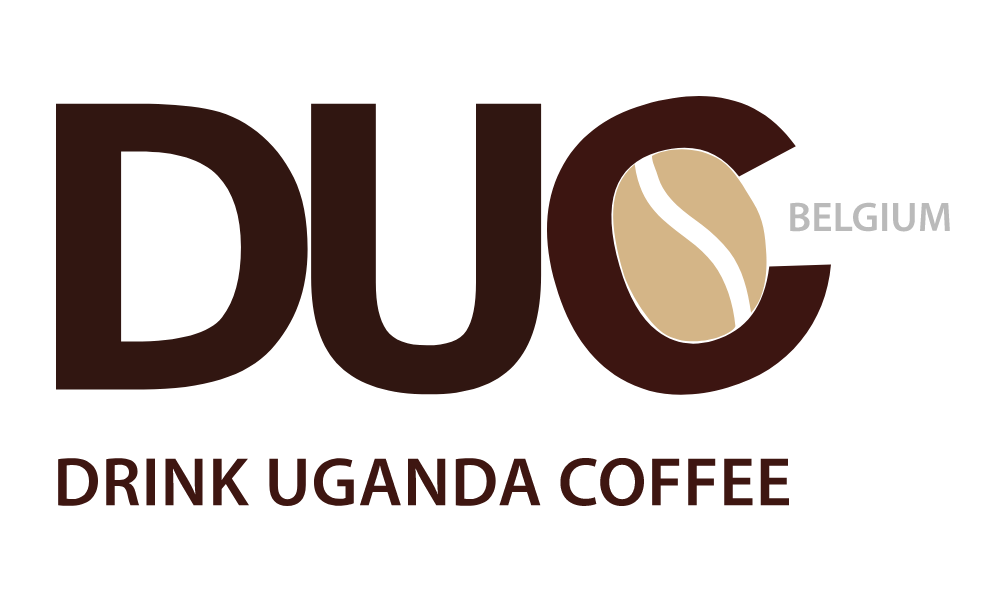Market segments in the European market having most potential for coffee suppliers in developing countries
The coffee market is highly competitive, especially in the mainstream segment. However, opportunities in the specialty market are growing, as an increasing number of European consumers is prepared to pay higher prices for high-quality coffees. Consumers in Europe are also increasingly demanding sustainably produced coffee. The industry has tried to meet this market demand by adopting various sustainability standards, in part through certification schemes. As such, especially in the mainstream market, certification has become a market entry requirement. Do note, however, that its importance is also growing in specific smaller markets, such as specialty coffee. The European market for specialty coffee is growing While the mainstream market grows with tighter margins and cheaper products, the consumption of high-quality and specialty coffees is also growing at a fast pace in Europe. The market for specialty coffee offers opportunities for suppliers offering high-quality coffees. This specialty segment is a small niche, which commands high quality and high value. All European markets have been showing growing demand for specialty coffee, although the size of the segment is most pronounced in North-Western Europe. This area is marked by higher income levels and consumer awareness, as well as a more developed coffee culture than the rest of Europe. As written above, the increasing interest in specialty coffee is reflected in the growing number of coffee bars and chains, small roasters, small local brands, and baristas. Due to the effects of the COVID-19 pandemic, many cafés had to temporarily stop their operations, leading to a 30% decline in coffee shop sales in 2020 throughout Europe. In general, the larger coffee chains and shops have proven to be more resilient to the crises, tapping into their resources to stay afloat, whereas smaller businesses proved to be especially vulnerable. As a result, despite numerous shop closures, the European branded coffee shop market still registered growth. The market grew by 0.9% to over 39 thousand outlets in 2020. Not all these branded coffee shops will serve specialty coffees, though several will work with coffees with cupping scores of 80 and above. When these branded shops have grown significantly in size, they may start sourcing their green beans directly from producers, often still leaning on their former supplier (which is usually an importer) for logistical services. Another effect of the global health crises is that especially coffees scoring less than 84 points registered an increase in sales over 2020, whereas the higher-quality coffees scoring 84 points and above registered a decline in sales. Despite the disruptive short-term impact of the crisis and the registered shift of buyers to lower-grade specialty coffees in 2020, it is expected that the European specialty market (also for the higher graded 84+ coffees) will show a positive outlook for the long term. This is especially so as there is a strong belief that consumers wanting to consume high-quality single origin coffees with unique taste profiles will continue to want those same coffees, despite the effects of COVID-19. Europe is the world’s largest market for certified coffees Europe is the most important market for certified coffee in the world. Certification schemes play a very important role as they mirror the growing consumer awareness and changing industry profile towards sustainability. The main independent certification schemes in the coffee consumer market are Fairtrade, organic and Rainforest Alliance/UTZ. Note that the importance of each certification scheme in Europe varies significantly from country to country. European markets for organic coffee The European organic market is the second-largest single organic market, only after the United States. European organic retail sales reached €45 billion in 2019. The interest in organic coffee follows the general organic market trend in a country. That means that interesting markets for organic coffee particularly include the largest organic markets in Europe: Germany (with a market share of 27% of the total European organic market in 2019), France (25%) and Italy (8.0%). Following the organic market trend, it is likely that the demand for organic coffee in Europe will continue to increase. After all, the entire European market for organic retail sales continues to increase, at an average annual increase of 11% between 2015 and 2019. The COVID-19 crisis has further driven up demand for organic food and beverages, as organics are considered healthier and safer than conventional products. Total green coffee imports by the European Union (EU27) in 2020 amounted to 3.1 million tonnes. Organic coffee imports by the EU that year reached 131 thousand tonnes, or 4.3% of total green coffee imports. This percentage shows that the organic coffee market is still a niche segment in Europe. Nevertheless, the market registers growth, as organic coffee imports by the EU increased by 6.7% between 2019 and 2020. Fairtrade-certified coffee The United Kingdom is the largest Fairtrade market, with overall Fairtrade retail sales of over €1.8 billion in 2018. The UK is also the leading market for Fairtrade-certified coffee. Sainsbury’s, Waitrose and Marks & Spencer are examples of British retailers that converted their entire private label coffee lines to 100% Fairtrade. Greggs, the largest bakery chain in the United Kingdom, drove up growth of Fairtrade coffee sales in the out-of-home segment in the UK. Germany is also a major Fairtrade market in Europe. About 5% of total German coffee sales were Fairtrade-certified in 2019. The total number of Fairtrade coffee products sold through retail channels and by the out-of-home segment in Germany reached about 350 products in 2019. Switzerland is also a relatively large market for Fairtrade products, with retail sales reaching €817 million in 2018. Overall Fairtrade sales in Switzerland grew by 13% between 2017 and 2018. The Fairtrade share of coffee products in Switzerland reached an estimated 11% of the total market, amounting to the use of 7.6 thousand tonnes of Fairtrade-certified green coffee in 2019. Switzerland also registered Europe’s highest per capita consumption of Fairtrade products, with over €95 per person spent in 2018. The fastest-growing markets for Fairtrade coffee are Ireland, Finland and Denmark, which grew at average annual rates of 36%, 35%


